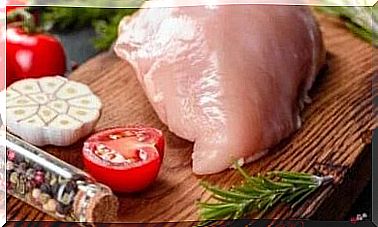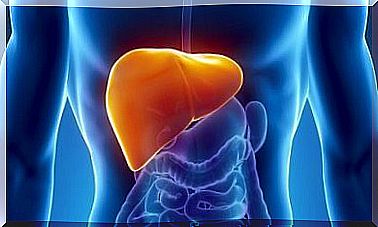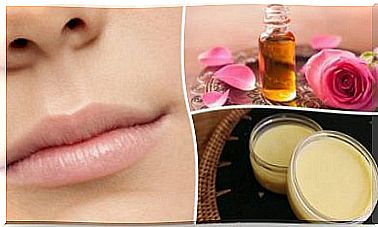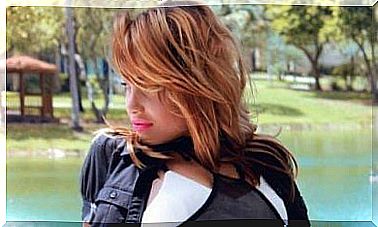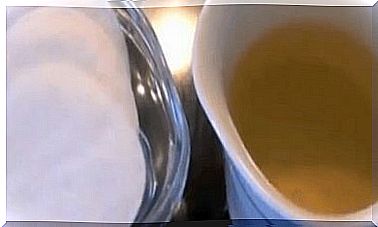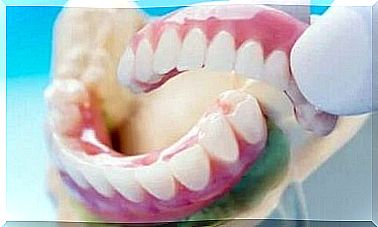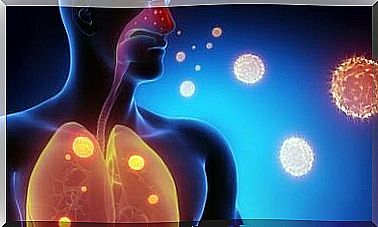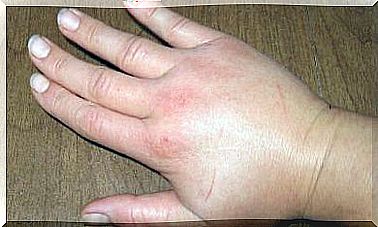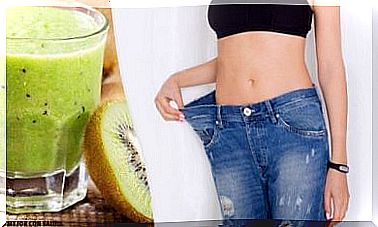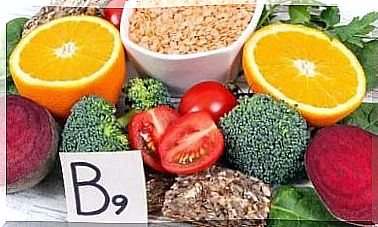Prohibited Food Groups In Diverticulosis
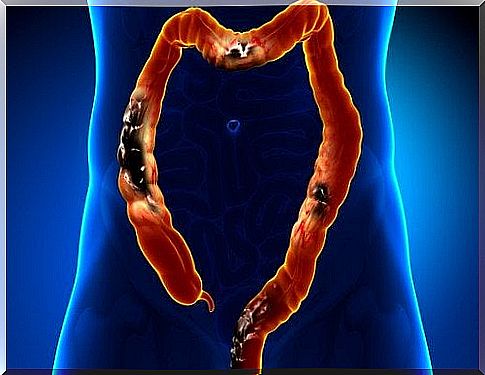
Diverticulosis is a condition in which the lining of the colon has small swellings or bumps, which cause pain and a general malaise when eating certain foods. Read on to find out the categories of foods banned in diverticulosis.
What you need to know about the symptoms of diverticulosis
As mentioned above, diverticulosis is a common condition that involves the appearance of sacs, hernias, or inflamed parts of the intestine, specifically in the colon.
The main symptom is the blockage of food waste or debris in these small swellings, which are called diverticula. The result is, of course, an accumulation of bacteria.
The first worrying sign is a pain in the lower abdomen. If you suffer from diarrhea followed by constipation, fever, nausea, vomiting, etc., the cause may be diverticulosis.
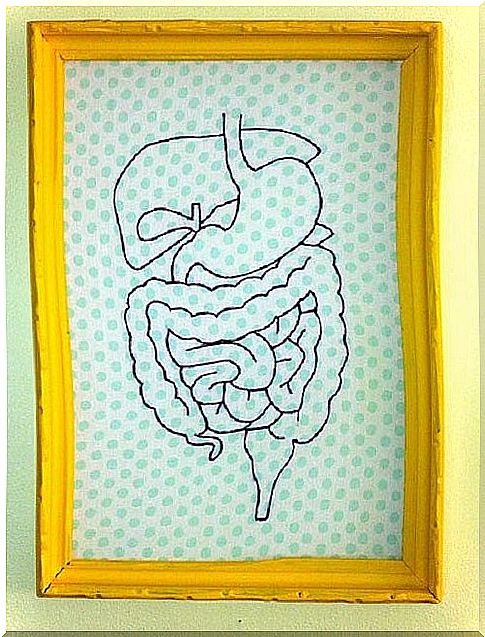
After an episode of diverticulosis , there is a 45% chance that it will return. To avoid discomfort, doctors recommend that patients eliminate from their diet groups of foods prohibited in diverticulosis.
Prohibited foods in diverticulosis
1. Cereals
Avoid eating foods derived from cereals, such as popcorn, rings and cornflakes or whole grain rice products. All of these contain large amounts of fiber that are difficult to digest and can get stuck in the diverticula, which will make the problem worse.
Rather opt for refined cereal products such as pasta, rice, bakery or white flour pastries.
2. Fruits and vegetables
It is true that you cannot live without eating fruits and vegetables, but they belong to the forbidden food groups in diverticulosis. Try to avoid them at least during episodes of the disease.
It is recommended to avoid eating dried fruits, such as plums, because they contain a large amount of fiber.
Stay away from berries, as their seeds are difficult to digest. You should also avoid crucifers, such as cabbage, broccoli and cauliflower.
Do not drink fruit juices with pulp and make sure that the vegetables eaten are well cooked. Thus, the fibers soften and are easier to digest.
It is also good to avoid all fresh fruit except peaches, avocados and bananas. The other fruits eaten must not have small skins, membranes or seeds.
3. Meat and protein
Choose soft or thinly sliced meat, fish (of any kind) and eggs as the main sources of protein. These foods do not irritate the colon and are easy to digest.
Do not eat fermented cheese because it contains a large amount of casein, which is not beneficial in diverticulosis. Eliminate from your diet any food that contains nuts or nut butter, such as peanut butter. Reduce portions of peas, beans and vegetables because they contain a large amount of fiber.
4. Peels, pasta, spices
These three types of forbidden foods banned in diverticulosis cause greater inflammation than the disease itself. Therefore, vegetables, fruits and meat should not have peels or skin. Very spicy spices are also harmful.
5. Carbonated drinks
We refer to tea, drinks based on Yerba Mate or chocolate, juices and caffeinated beverages. They have an irritating effect on the intestines.
In the case of caffeine, the muscles of the colon contract and eliminate the water contained in the feces, aggravating constipation. If you find it difficult to give up coffee, try decaffeinated coffee, but give up this habit as soon as possible.
Tips, tricks and remedies for diverticulosis
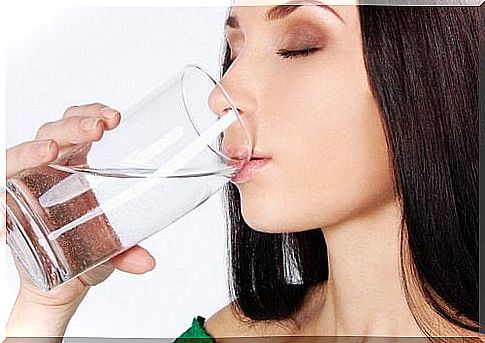
- Drink plenty of water (six to eight glasses a day).
- Go to the bathroom even if you don’t really need to. Do not suppress the need because you can make the situation worse.
- Exercise for the benefit of the muscles of the legs, hips and colon. In this way, you will stimulate peristalsis.
- Do not use laxatives or enemas if you are constipated, as they can irritate the intestines and create addiction.
- Avoid highly processed or fatty foods, such as spicy, sweet or fried foods.
- Avoid foods that contain seeds. Chew well before swallowing, as debris can become trapped in the diverticula, causing pain and inflammation.
- Eat oatmeal or mashed vegetables or fruits. You can make smoothies without pulp to speed up healing during treatment.
Plants recommended in diverticulosis
- Chamomile: reduces inflammation and relaxes. Drink chamomile tea at least once a day.
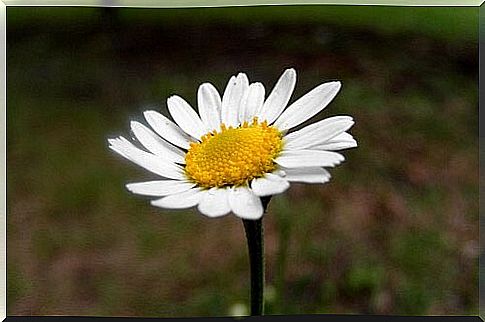
- Mint: used to get rid of bloating, pain, nausea and gas. Drink up to 3 glasses a day.
- Oregano: reduces inflammation of the colon.
- Thyme: is an excellent source of fiber and an excellent analgesic, antispasmodic and anti-inflammatory. You can also use it as a spice in soups, sauces or salads.
- Turmeric: is a natural anti-inflammatory used for various types of inflammation and for the relief of diverticulosis.
Photo source: Hey Paul Studios, Orin Zebest, Memi Beltrame and woodleywonderwork.
